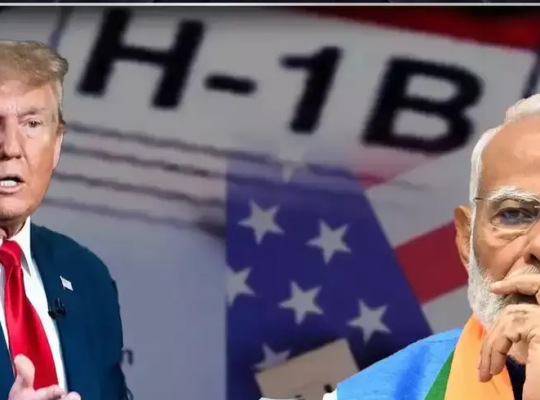The April 2025 militant attack in Pahalgam, Jammu and Kashmir, was a major terrorist incident that led to significant casualties and a forceful, multi-pronged response from the Indian government, which also garnered international support.
Casualties
The attack resulted in the deaths of26 civilians and left at least20 people injured.
Victims: Of the 26 people killed,25 were tourists, with the majority being from various states across India, including Maharashtra, Gujarat, and Karnataka. The victims also included one Christian tourist and a local Muslim pony ride operator who was killed while trying to protect the tourists.
Targeting: Witnesses reported that the attackers specifically targeted Hindu tourists, in what has been described as a targeted massacre. The assailants allegedly asked for the victims’ religious identities before shooting them at point-blank range.
India’s Response
The Modi government’s response was swift and assertive, operating under the name ofOperation Sindoor. It combined military retaliation with diplomatic and economic measures.
Military Retaliation (Operation Sindoor): The most prominent part of the response was a series of targeted airstrikes launched on May 7, 2025, against what India identified as terrorist camps in Pakistan. According to official statements, these strikes were highly precise and destroyed nine confirmed terror camps, including those in Bahawalpur and Muridke. India described the strikes as “focused, measured, and non-escalatory,” although Pakistan claimed civilian casualties and a subsequent conflict ensued.
Elimination of Perpetrators (Operation Mahadev): In a separate counter-terrorism operation, the three terrorists directly responsible for the Pahalgam attack—Suleman, Afghan, and Jibran, all from the Lashkar-e-Taiba (LeT) militant group—were killed on July 28, 2025.
Economic and Diplomatic Pressure: The Indian government also implemented a series of non-military actions, including suspending theIndus Waters Treaty with Pakistan, closing the Attari-Wagah border for bilateral trade, and imposing visa restrictions. India also took its case to the United Nations Human Rights Council, where it strongly criticized Pakistan for its continued support of terrorist networks.
International Reaction
The international community largely condemned the attack and supported India’s right to defend itself.
Global Condemnation: Numerous countries and international bodies, including theUnited Kingdom, Russia, France, Israel, the United States, and the European Union, strongly condemned the attack. Many of their leaders issued statements of solidarity with India and expressed condolences to the victims’ families.
Support for India’s Stance: Several nations, including the U.S. and Israel, explicitly backed India’s right to self-defense. The U.S. President Donald Trump affirmed that “India has a sovereign right to combat terrorism,” while the French President Emmanuel Macron stated that France would “continue the fight against terrorism wherever necessary.”
Diplomatic Engagements: The attack was a key topic in subsequent international dialogues. For instance, in September 2025, India and the EU held a counter-terrorism dialogue, during which the EU “pulled up” Pakistan for its links to the attack and reiterated its support for India. Similarly, India used the platform of the UNHRC to call out Pakistan’s “hypocrisy” and role as a “terror sponsor.”
















1 Comment